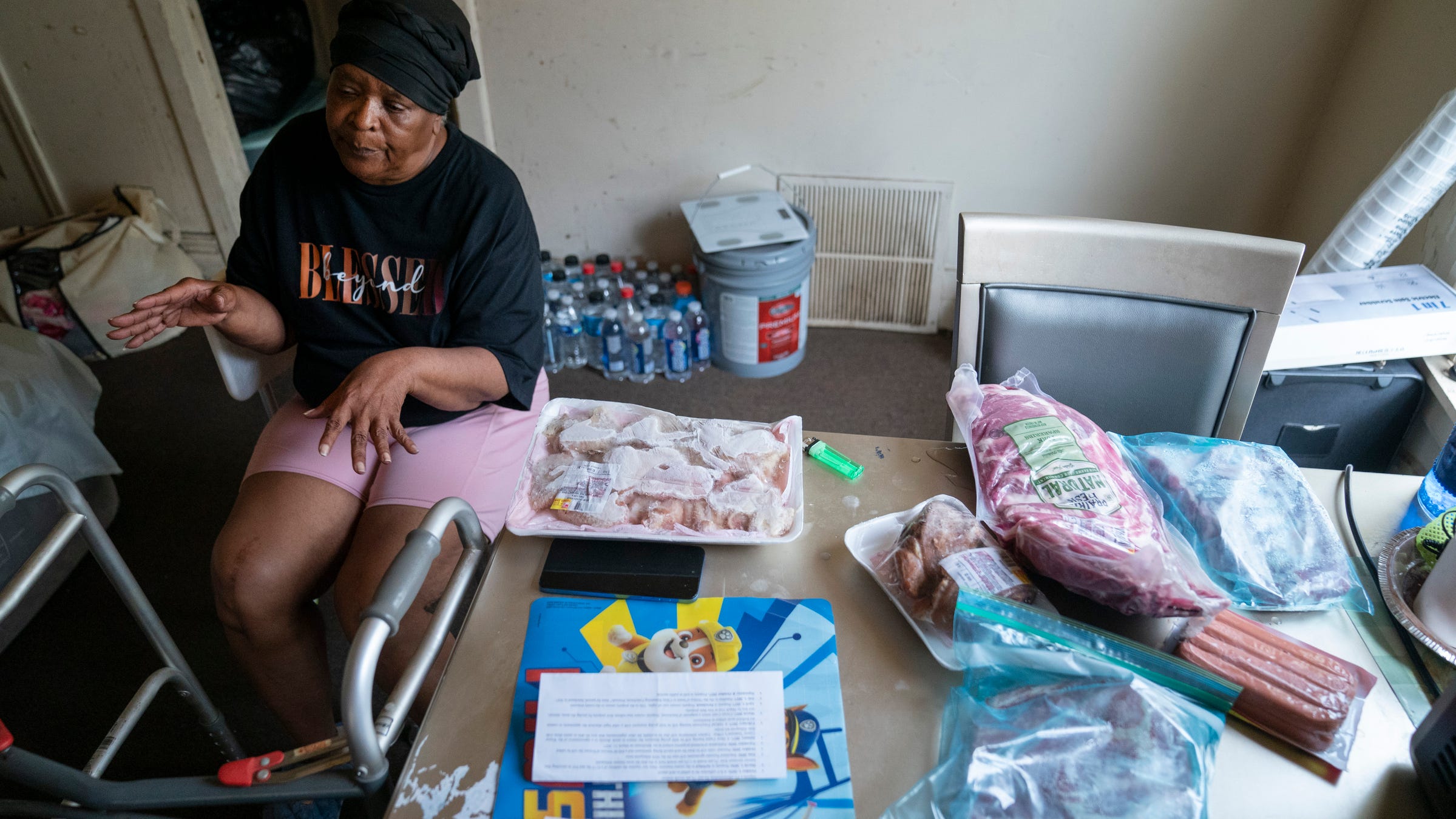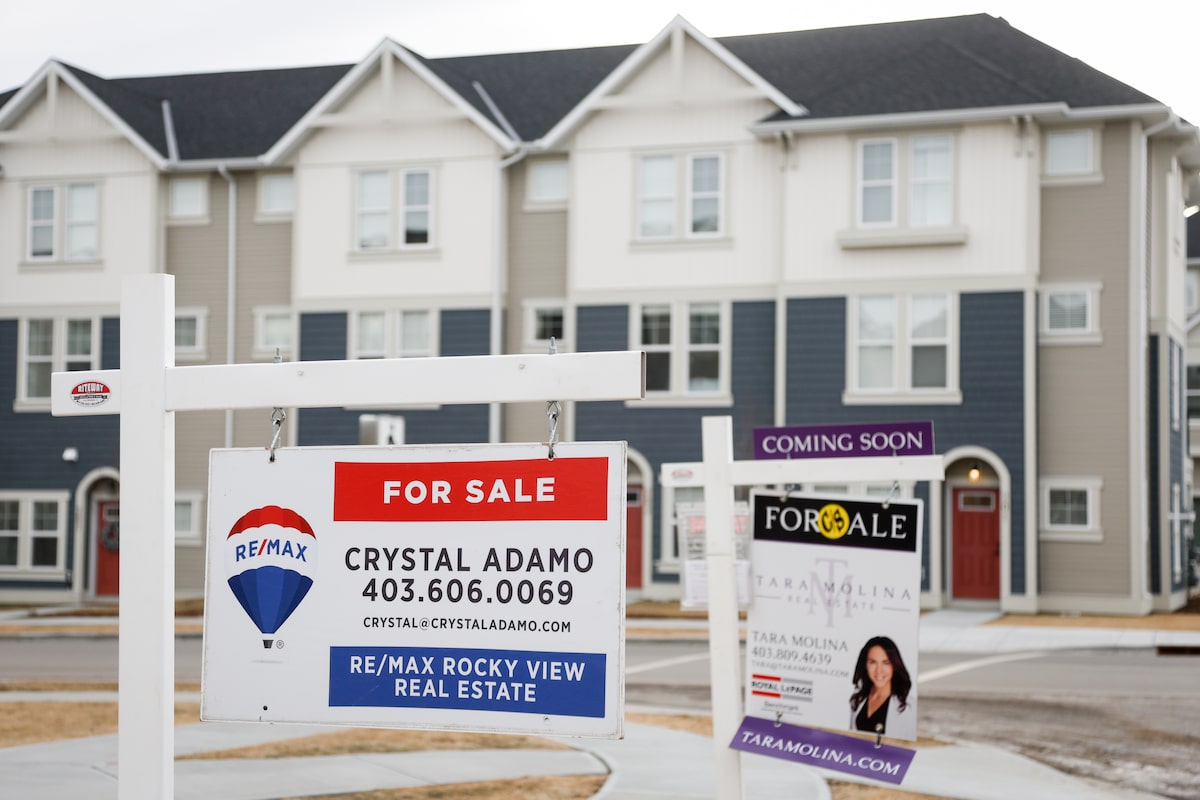T
he city of Detroit has filed a lawsuit against Real Token, a Florida-based blockchain real estate company, and its affiliates for public nuisance violations involving over 400 residential properties. The complaint alleges that tenants are living in poorly maintained rental properties with unsanitary and unsafe conditions.
Properties cited in the suit include an apartment building with fire damage, homes without heat or smoke detectors, and multiple properties with broken windows. One tenant reported living without running water for two months, while another had no hot water in her kitchen and electrical sockets that didn't work.
Real Token offers "fractional ownership" of Detroit properties through a cryptocurrency venture, allowing international investors to buy into the US real estate market. However, the city claims that tenants are paying the price with neglected properties and unresponsive management.
District 2 Council Member Angela Whitfield-Calloway said, "Behind the high-tech language lies a deeply familiar problem in this city: neglected properties, unresponsive management, and Detroit families left to live in unsafe and unhealthy conditions."
Real Token has responded by blaming management companies it hired for the properties. The company claims that it has been working to address blight violations, administrative filings, and maintenance issues, but acknowledges that some properties have not been properly maintained.
Brenda Davis, a 68-year-old tenant, reported living without running water for two months, despite paying her rent on time. She received an eviction notice after not paying rent since the issue began.
Detroit City Council members expressed outrage over the conditions renters were living in and the negligent landlords. At-Large Council Member Mary Waters said, "For years, we've seen a pattern that must end: slumlord and scam artists exploiting Detroit renters."
The city is seeking a certificate of compliance for all properties, unpaid blight violations, and outstanding property taxes. The defendants owe hundreds of thousands of dollars in unpaid tickets and property taxes.














